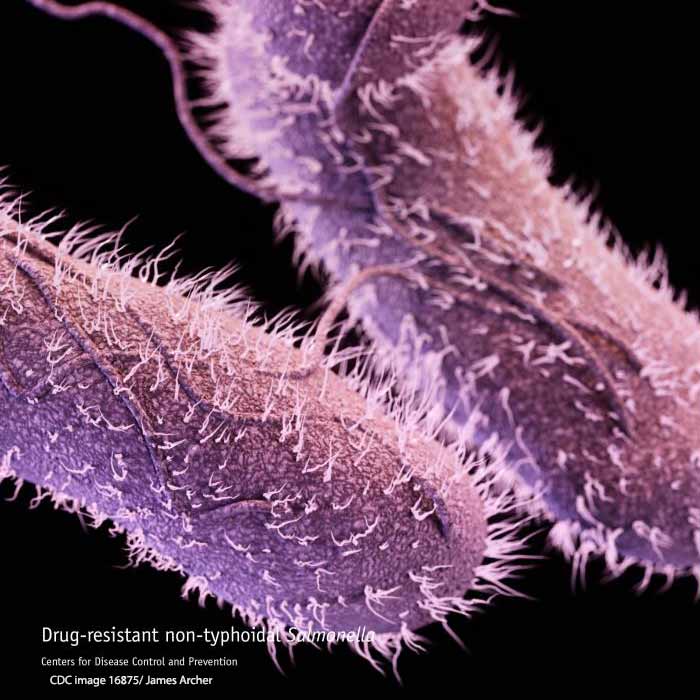ConAgra Grocery Products LLC, a subsidiary of ConAgra Foods Inc., pled guilty to a criminal misdemeanor charge on December 13, 2016, alleging the shipment of contaminated peanut butter linked to a Salmonella outbreak a decade ago. The U.S. Department of Justice announced the plea agreement.

The company was sentenced to pay an $8 million criminal fine and forfeit $3.2 million in assets. This is the largest fine ever imposed in a food safety case. But that money will not go to people sickened in that outbreak.
A plea agreement was filed last year regarding this case in the federal district court of the Middle District of Georgia. Senior U.S. District Court Judge W. Louis Sands accepted the guilty plea yesterday and imposed the sentence. The company admitted that it sold Peter Pan and one product code of WalMart’s Great Value brand peanut butter that was contaminated with Salmonella bacteria into interstate commerce in 2006. Judge Sands also ruled that there was no statutory basis for restitution to victims in this case.
Principal Deputy Assistant Attorney General Benjamin C. Mizer, head of the Justice Department’s Civil Division said in a statement, “This case demonstrates companies – both large and small – must be vigilant about food safety. We rely every day on food processors and handlers to meet the high standards required to keep our food free of harmful contamination.”
The Centers for Disease Control and Prevention and the FDA announced in February 2007 that a Salmonella Tennessee outbreak could be traced to Peter Pan and Great Value peanut butter that was produced and shipped from ConAgra’s Sylvester, Georgia plant. The company recalled all peanut butter produced at that facility since January 2004 and stopped production at the plant on February 14, 2007.
Government officials estimated that at least 700 people were sickened with salmonellosis during this outbreak, beginning in August 2006. The CDC thinks that thousands of additional cases were reported, which is consistent with the multiplier of 30.3 used in Salmonella outbreaks. No deaths were reported in this outbreak.
Environmental testing at the plant found the outbreak strain of Salmonella in at least nine locations. And ConAgra Grocery Products admitted in the plea agreement that samples taken after the recall showed that peanut butter made at the Sylvester plant on nine dates between August 4, 2006 and January 29, 2007 was contaminated with the pathogenic bacteria. And the company admitted that it had been aware of some risk of Salmonella contamination in its products.
In October 2004, routine testing at the plant found Salmonella in the peanut butter. Several problems at the plant that could have caused the contamination were identified, including an old peanut roaster that was not working properly, a storm-damaged sugar silo, and a leaky roof that let moisture into the plant. In addition, employees that analyzed finished product tests did not know how to properly interpret the test results. The company spent millions taking corrective action after the recall was announced.
U.S. Attorney G. F. “Pete” Peterman III for the Middle District of Georgia said in a statement, “Consumers are at the mercy of food merchants when it comes to the wholesomeness and healthiness of the food we consume and, as the result, a great responsibility is imposed by law on those merchants and manufacturers. Likewise, agriculture is Georgia’s largest industry and peanuts and peanut products are a major factor in the health of that industry.
“While ConAgra did take corrective action eventually, by failing to timely recognize and rectify the problem of salmonella contamination, this company damaged the health of both public consumers and of the agricultural industry overall. I commend my staff, that of the Consumer Protection Branch of the Civil Division of the U.S. Department of Justice, and the investigators of the FDA, for the excellent work by all in bringing this incident to this conclusion and I hope that it will serve as a reminder to others in the industry of the high cost of failing to protect the public that relies on them to properly meet this responsibility.”